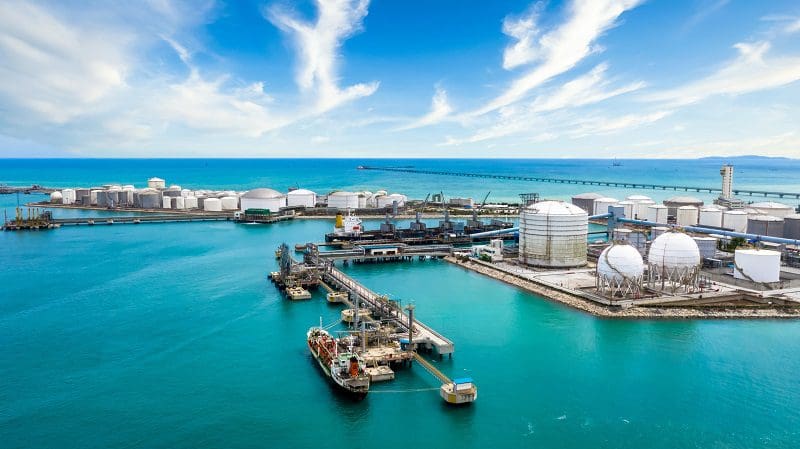Training programs make it easy to invest in the future of your company and employees to become stronger and stay up-to-date in the industry to increase productivity and profits.
What is a Training Program?
A training program allows an employer to offer courses to their employees to enable the development of their skills. There are many options now that accommodate the 24-hour/365-day schedules of the oil and gas industry. Technology now allows for virtual learning opportunities, instead of the standard classroom environment, to help employees practice and learn new skills. Training courses can be completed on-site and online, as well as, mobile-ready. An informative training will include a variety of quizzes, assessments, videos, and interactive content to help the employees master their new skill set.
According to the Global Energy Talent Index (GETI), there is a gas and oil skills shortage due to the increase in interest in renewable energy. The gas and oil industry needs to show interest in decarbonization efforts which could lead to better employee retention, satisfaction and recruitment.
Reasons to Invest in Training Programs in the Oil and Gas Industry
- Employee investment
Preparing employees with the skills and necessary knowledge to perform daily tasks, will help establish better employees, employee retention, and employee satisfaction. Employees want an employer to offer training programs so that they are more likely to develop a career with that company that enables the development of skills. There are many benefits of having a course structured with a remote option. As an employee, training programs work best when they are created to be effective, easy to use, and convenient. For the employer, technology has made it possible for the learners’ progress to be tracked and monitored while completing the training program, even when tailored to requirements from the gas and oil industry.
- More sustainable and profitable
Training programs can benefit the company because they will improve productivity and help all employees adhere to quality standards taught and mastered in the structured training programs. The training programs can be tailored to a specific skill set that the company would like to address or they can be more general to be a reminder or a practice of many skills necessary in the gas and oil industry. A skilled employee will increase efficiency and help create a safer work environment. Remote training programs are also cost effective. Scheduling can be done to avoid peak operating hours, which keeps everything running smoothly. Petroleum Extension (PETEX) located in Austin, Texas has been using simulator tools to create a more realistic training course, one that combines simulators with hands-on experience.
- Reduce supervision and turnover
Surveys within the industry have shown that when an employer takes the time to offer training programs to help an employee grow their skill set, there is an increase in employee self-confidence. Remote training programs are cost effective because employers do not have to pay for travel accommodations, which can often be the case with external training programs and gas and oil industry events. High risk operations could benefit from including a virtual training skills practice. For example, drilling rigs can put others’ lives, the environment, and assets at risk; but with a virtual training program tailored to mastering the skills needed to operate and assess, the employee would be able to practice repeatedly with little to no risk of harm because of the virtual component.
To ensure the health and safety of its workers, employers can schedule safety training programs to cover specific safety concerns within the work environment. During the safety training, the workers are taught knowledge and skills to meet safety expectations, which can decrease the risk of injury and illness to themselves and others. The frequency needed for safety training can vary depending on updates with equipment within the industry. When the workers are trained in safety, it creates a safe work environment for everyone.
Final Thoughts
Training programs are important to help make the gas and oil industry more resilient. A company that values job satisfaction invests in a qualified workforce and encourages improved employee performance now will help to close the gap created in the needed skill set when more experienced employees retire while attracting future prospects to the gas and oil industry.





